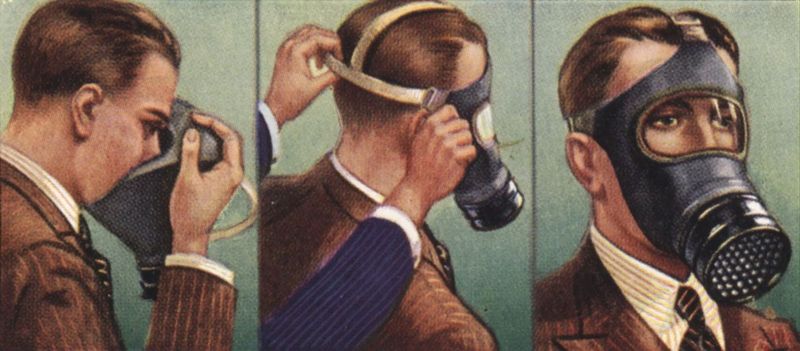
THURSDAY, May 15, 2014 (HealthDay News) — Children treated with antibiotics in their first year of life may face more than twice the risk of developing asthma later in life.
However, the drugs themselves may not be at fault, researchers note.
Instead, scientists believe that an impaired immune system and genetic variations could explain why these kids face a higher likelihood of developing asthma.
The study, reported online May 15 in The Lancet Respiratory Medicine, also didn’t find any link between early use of antibiotics and development of allergic diseases. This rebuts a theory that antibiotics boost the risk of allergic asthma by disrupting the development of a child’s immune system, the study authors noted.
Antibiotics are used to treat a variety of ear and respiratory infections in kids. Researchers have been trying to figure out whether the antibiotic use has a connection to asthma rates. While the study found an association, it was not designed to prove a cause-and-effect link.
In the new study, British researchers analyzed statistics from a study that tracked more than 1,000 children from birth to 11 years of age.
“We speculate that hidden factors which increase the likelihood of both antibiotic prescription in early life and subsequent asthma are an increased susceptibility to viral infections due to impaired antiviral immunity and genetic variants,” lead author Adnan Custovic, of the University of Manchester, said in a journal news release.
“However, further studies will be needed to confirm that the impaired immunity was present at the time of the early childhood respiratory symptoms and predated antibiotic prescribing rather than as a consequence of the antibiotics,” Custovic added.
More information
For more about asthma and children, visit the American Lung Association.
Copyright © 2026 HealthDay. All rights reserved.

